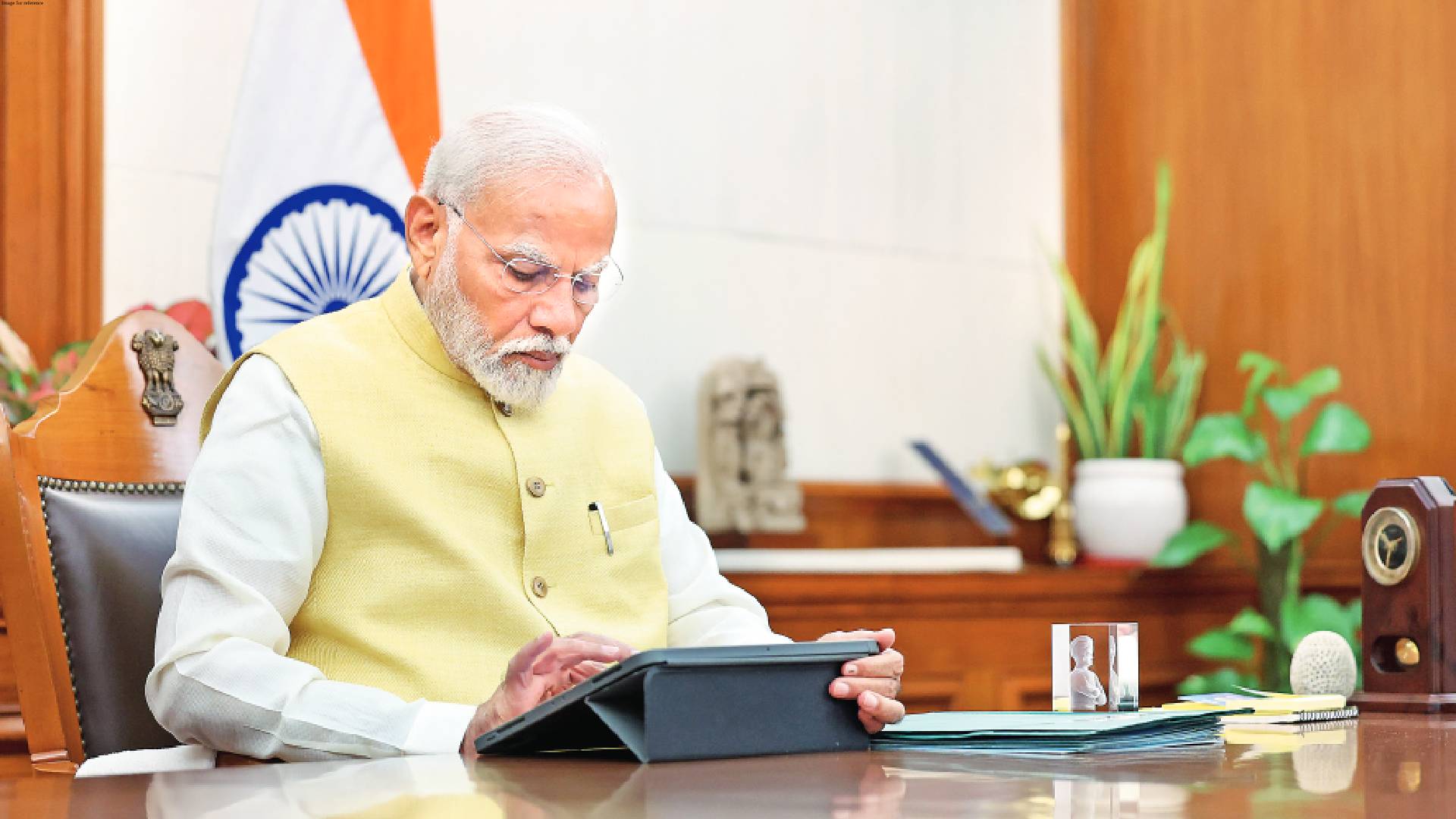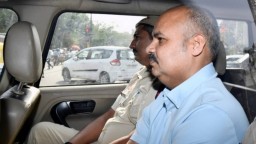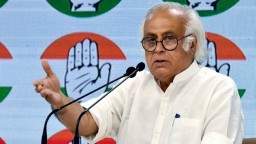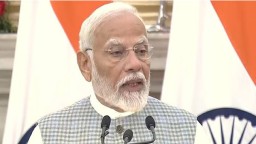Latest News
HONOURING OUR ELDERS IN INDIA

Every year, June 7 is celebrated globally as World Caring Day—a day dedicated to recognising and promoting the act of caring, especially towards the elderly. In a world that often moves at a breakneck pace, this day serves as a poignant reminder of the importance of compassion, empathy, and support for our senior citizens. In India, where familial bonds and respect for elders are deeply ingrained in our culture, World Caring Day provides an opportunity to reflect on how we take care of our elders and the evolving challenges and solutions in this domain.
THE CULTURAL FABRIC OF ELDER CARE IN INDIA
Traditionally, Indian society has placed immense value on the joint family system, where multiple generations live under one roof. This system naturally fosters an environment of care and support for the elderly. Respect for elders is not just a social norm but a moral duty; parents and grandparents are revered and their wisdom and experiences are cherished. This cultural ethos of reverence and care is reflected in the Sanskrit phrase “Matru Devo Bhava, Pitru Devo Bhava” which translates to “Mother is God, Father is God,” underscoring the almost divine status accorded to parents.
In many Indian households, the elderly members play a pivotal role in the upbringing of grandchildren, imparting values, and providing emotional support. This intergenerational bond is a cornerstone of Indian familial life, ensuring that the elderly are not just taken care of but are integral to the family’s daily functioning.
MODERN CHALLENGES TO TRADITIONAL PRACTICES
However, as India modernizes and urbanizes, the traditional joint family system is increasingly being replaced by nuclear families. Rapid urbanization, migration for employment and the pressures of modern life have led to a scenario where many elderly individuals find themselves living alone or with minimal support. This shift presents significant challenges in ensuring that the elderly receive the care and attention they need.
Moreover, the growing number of senior citizens, due to increased life expectancy, has led to a rise in health issues that require specialized care, such as dementia, Alzheimer’s, and other chronic illnesses. This has put additional pressure on families and the healthcare system.
GOVERNMENT AND COMMUNITY INITIATIVES
In response to these challenges, the Indian government and various non-governmental organizations (NGOs) have implemented several initiatives aimed at improving the lives of the elderly. The National Policy for Older Persons (NPOP) aims to ensure financial and food security, health care, and protection against abuse and exploitation. Schemes like the Indira Gandhi National Old Age Pension Scheme provide financial assistance to senior citizens, especially those from economically weaker sections.
Healthcare initiatives such as the Ayushman Bharat scheme aim to provide affordable healthcare to the elderly. The setting up of geriatric wards in hospitals and the promotion of mobile health clinics for senior citizens in rural areas are steps in the right direction. Additionally, the Maintenance and Welfare of Parents and Senior Citizens Act, 2007, legally obligates children to provide for their parents, reflecting the cultural expectation in a legal framework.
Community initiatives also play a crucial role in elder care. Numerous NGOs work tirelessly to provide companionship, medical care, and support to the elderly. Organizations like HelpAge India offer a range of services from mobile healthcare units to elderly helplines and senior citizen housing projects. These initiatives are crucial in bridging the gap where traditional family support structures might be lacking.
THE ROLE OF TECHNOLOGY
Technology is also emerging as a valuable tool in elder care. From telemedicine services that provide medical consultation and advice over the phone or the internet to apps that remind the elderly to take their medication, technological innovations are helping to improve the quality of life for senior citizens. Social media platforms and video calling apps have made it easier for families to stay connected, even when physically apart, thus providing emotional support and reducing feelings of isolation among the elderly.
THE WAY FORWARD
As we celebrate World Caring Day, it is essential to acknowledge both the strides we have made and the road that lies ahead in caring for our elders. While traditional values and modern initiatives both play vital roles, there is a need for a more integrated approach. Combining the strengths of cultural practices with modern healthcare, legal frameworks, and technological advancements can create a comprehensive support system for the elderly.
In conclusion, World Caring Day is not just a day to show love and appreciation for our elders but also a reminder to continuously improve the ways in which we support and care for them. In India, a blend of tradition and innovation can ensure that our senior citizens live their golden years with dignity, health, and happiness. Let us all pledge to make every day a day of caring, for in caring for our elders, we honor the very roots of our existence.
Rashpal Singh The writer is Editor (News)





















